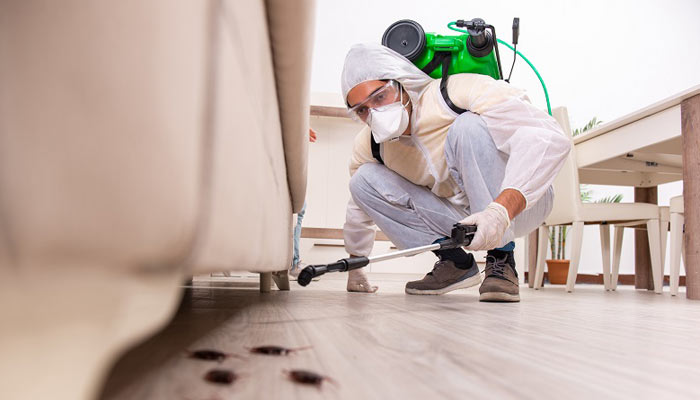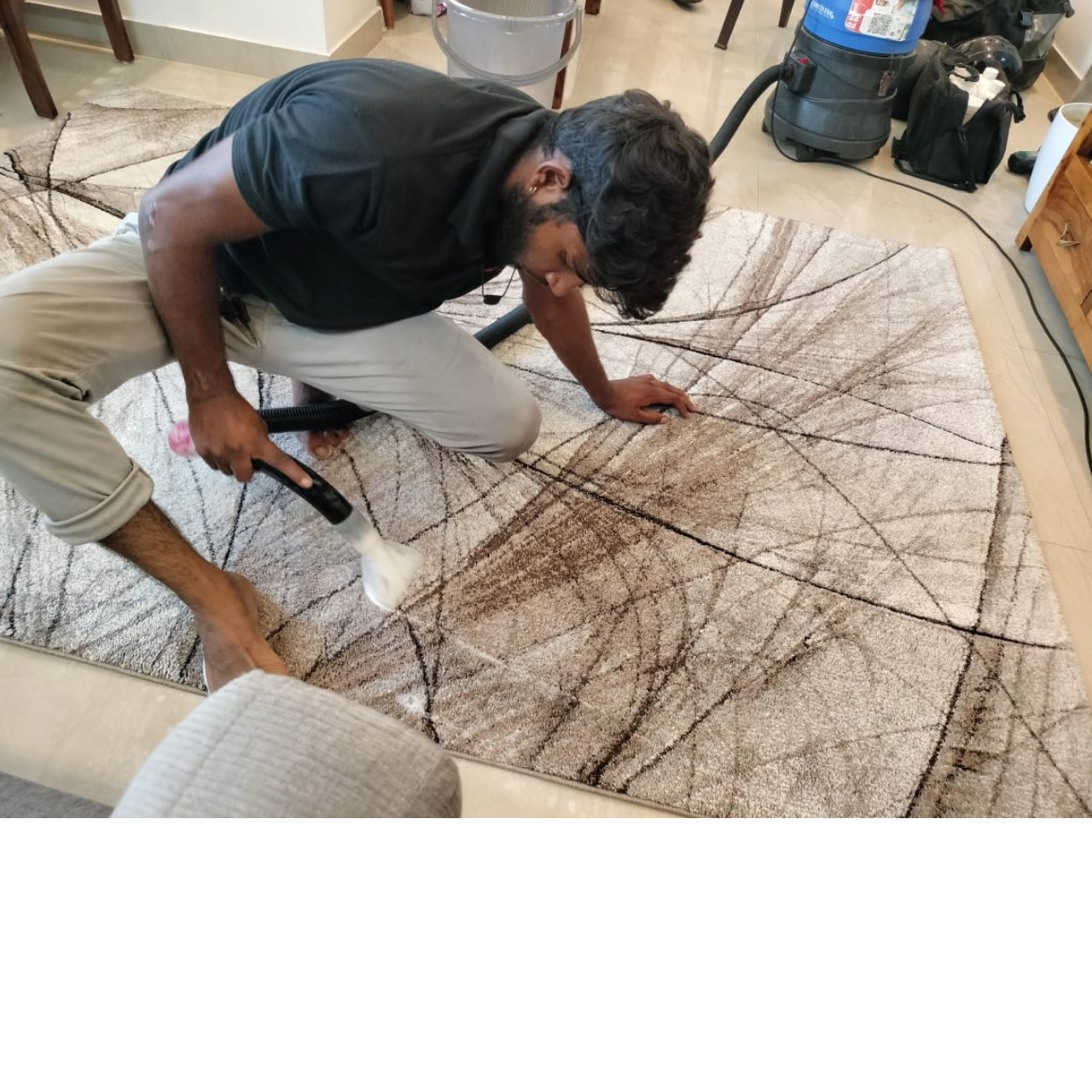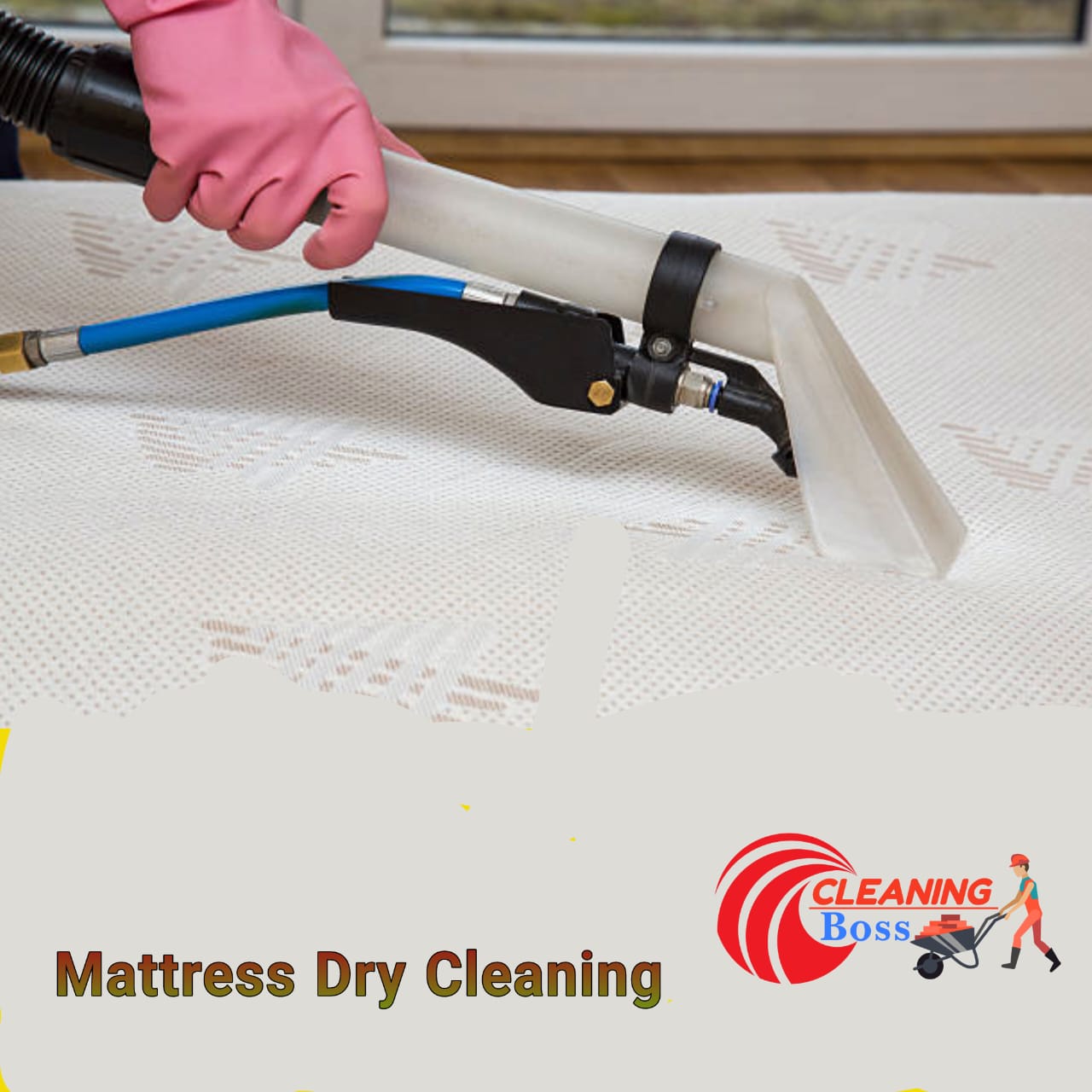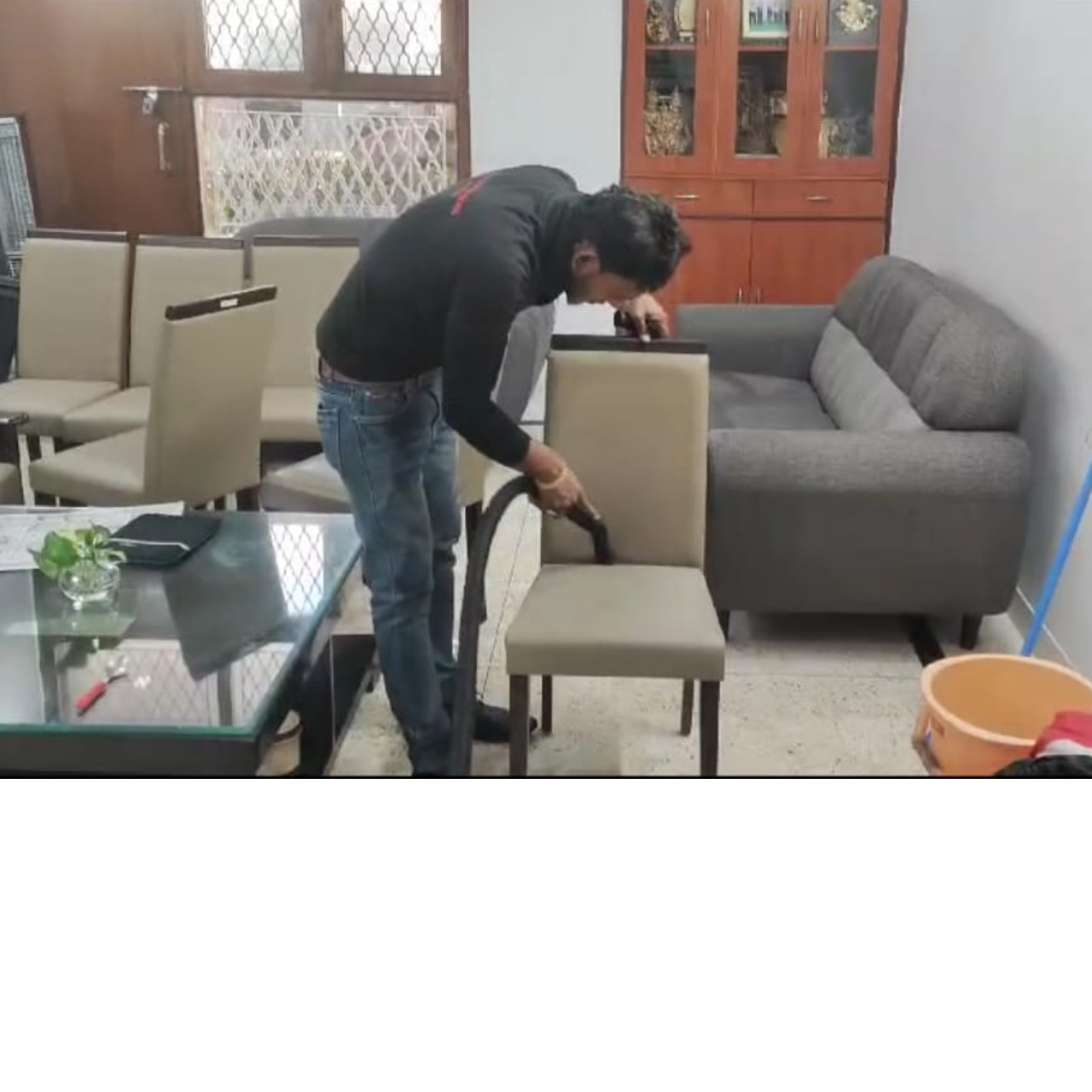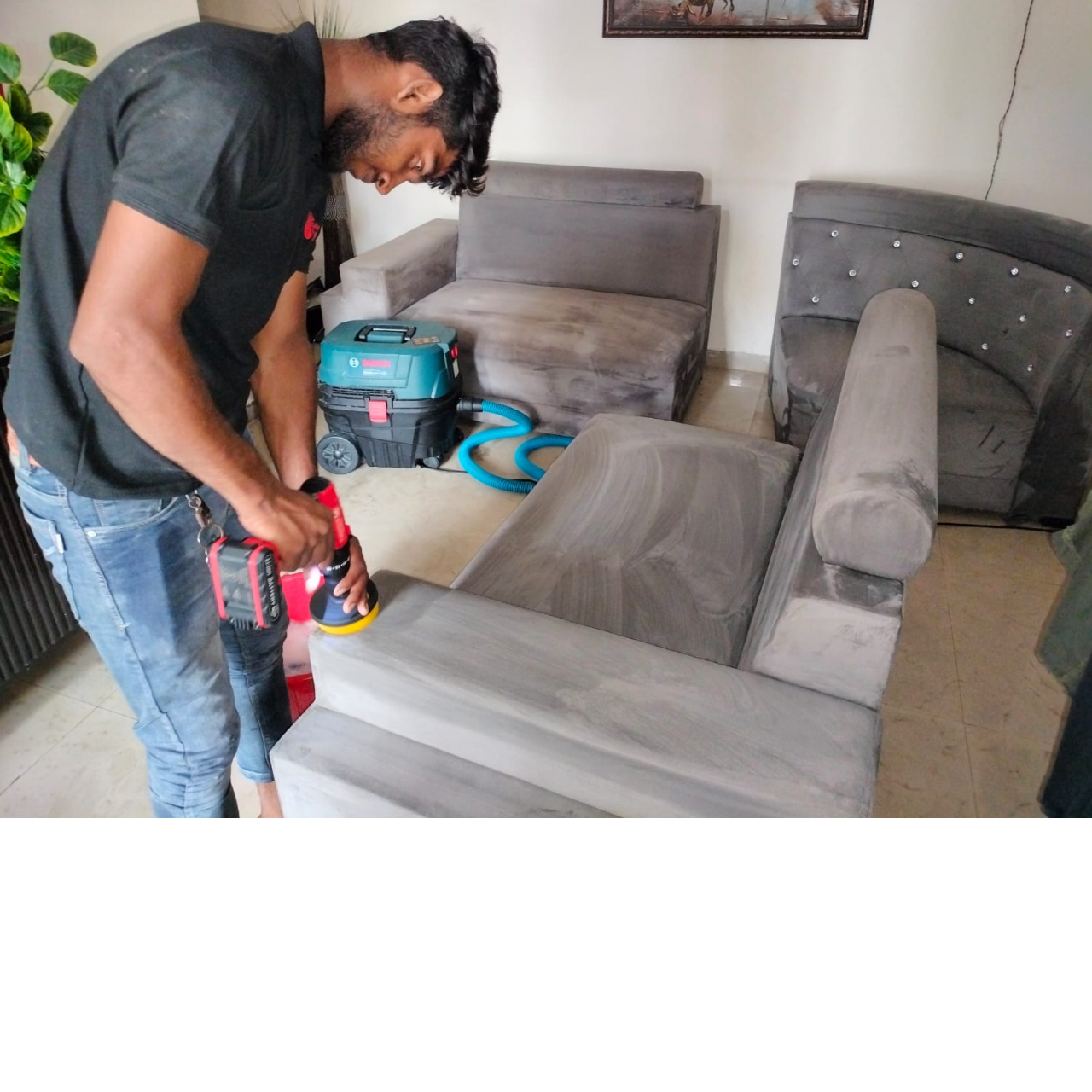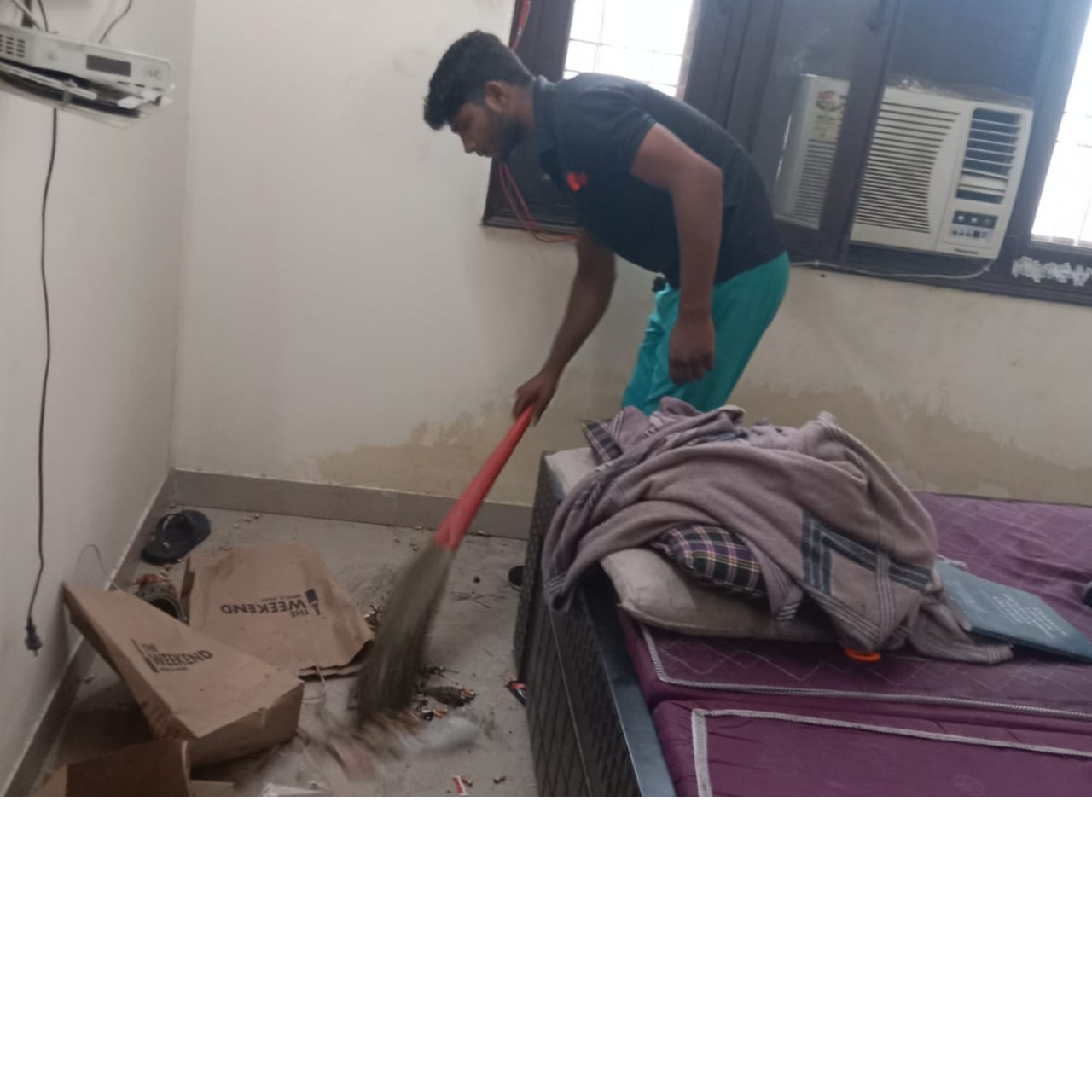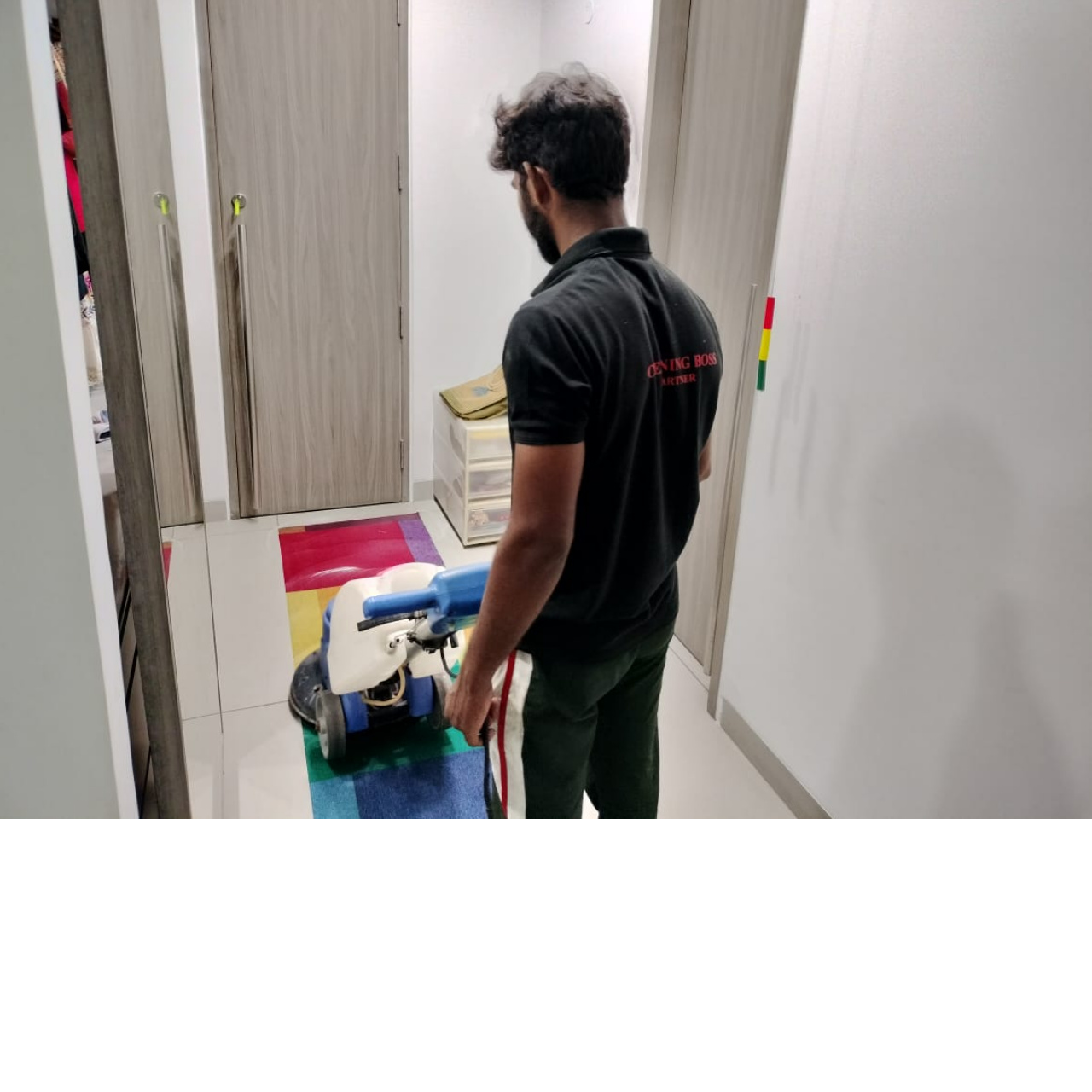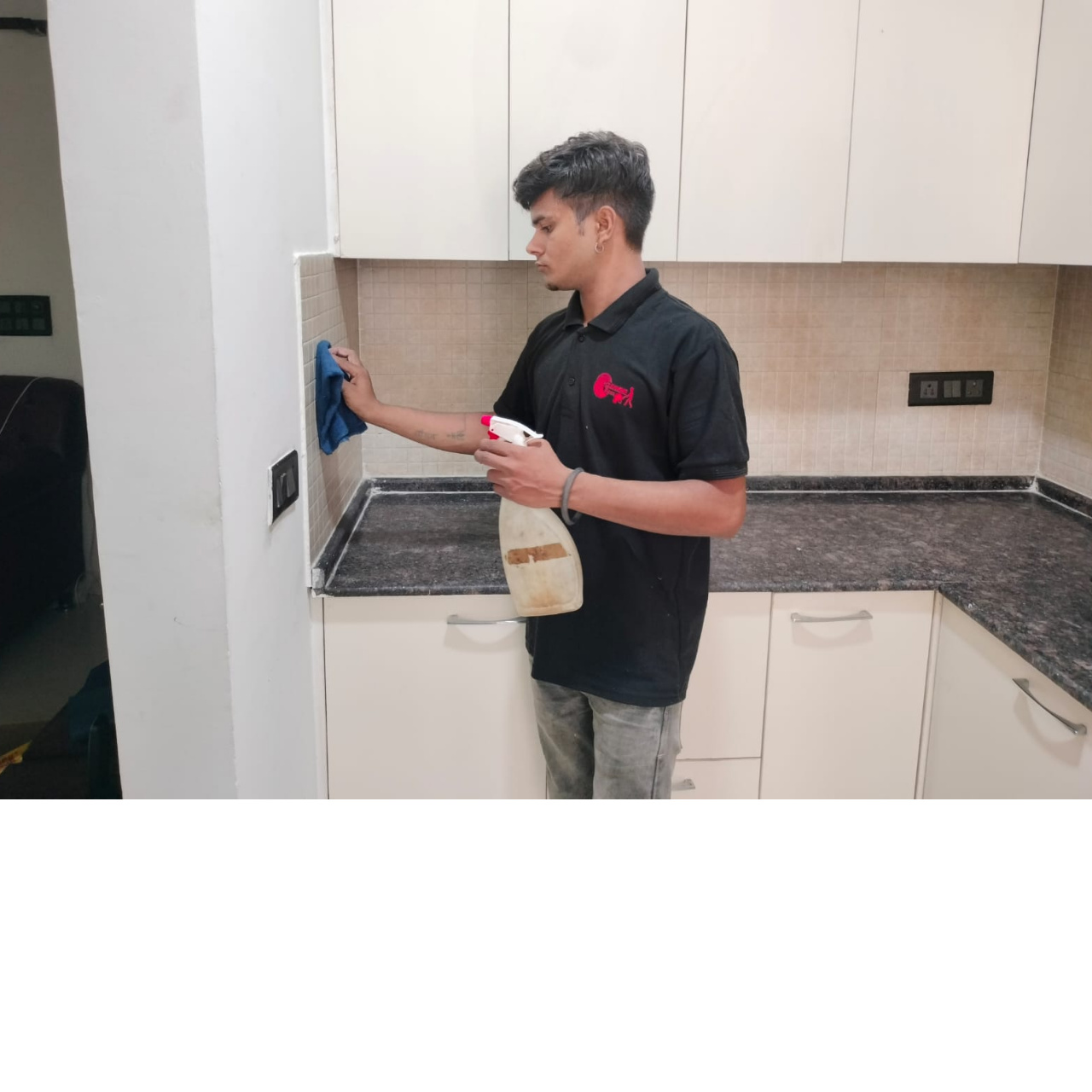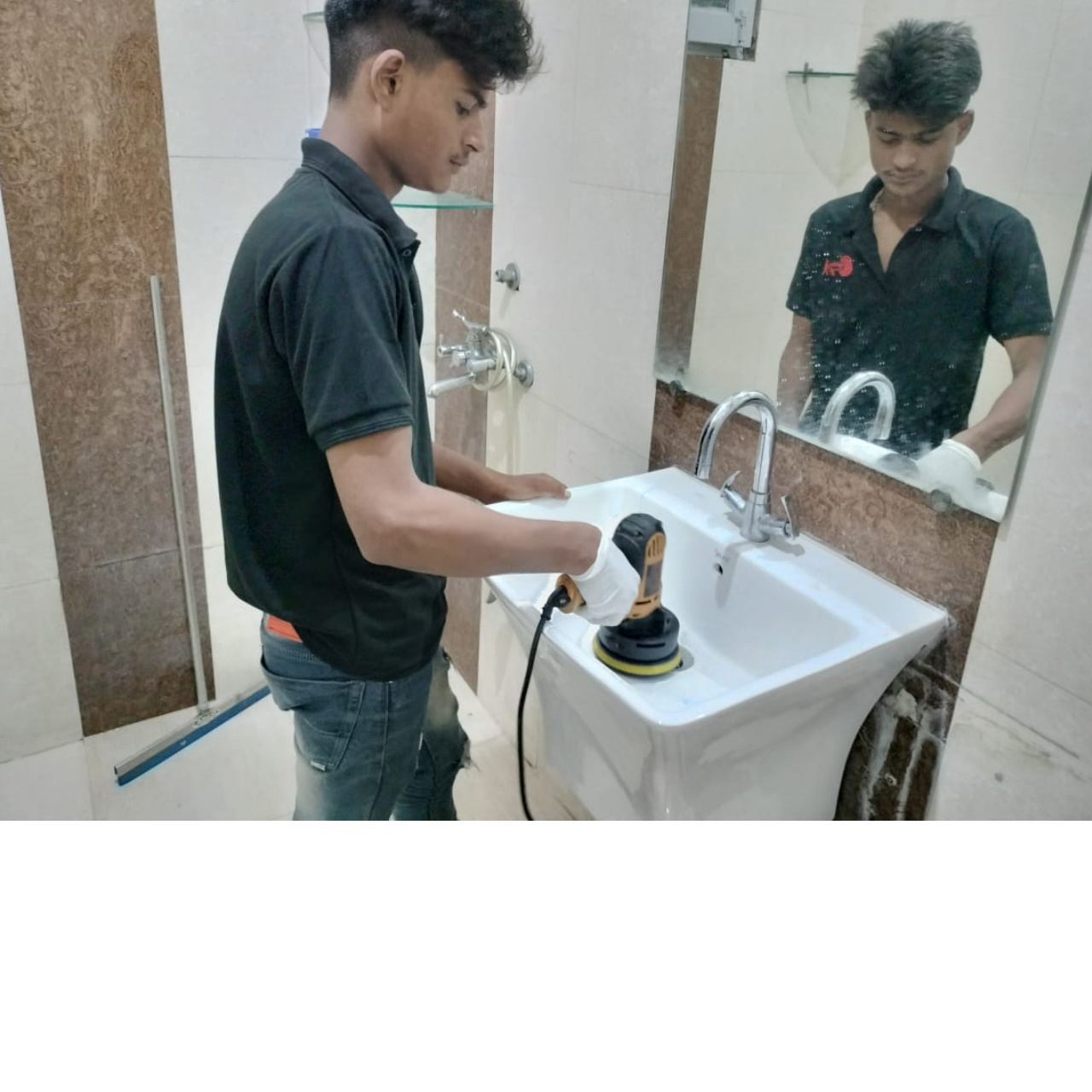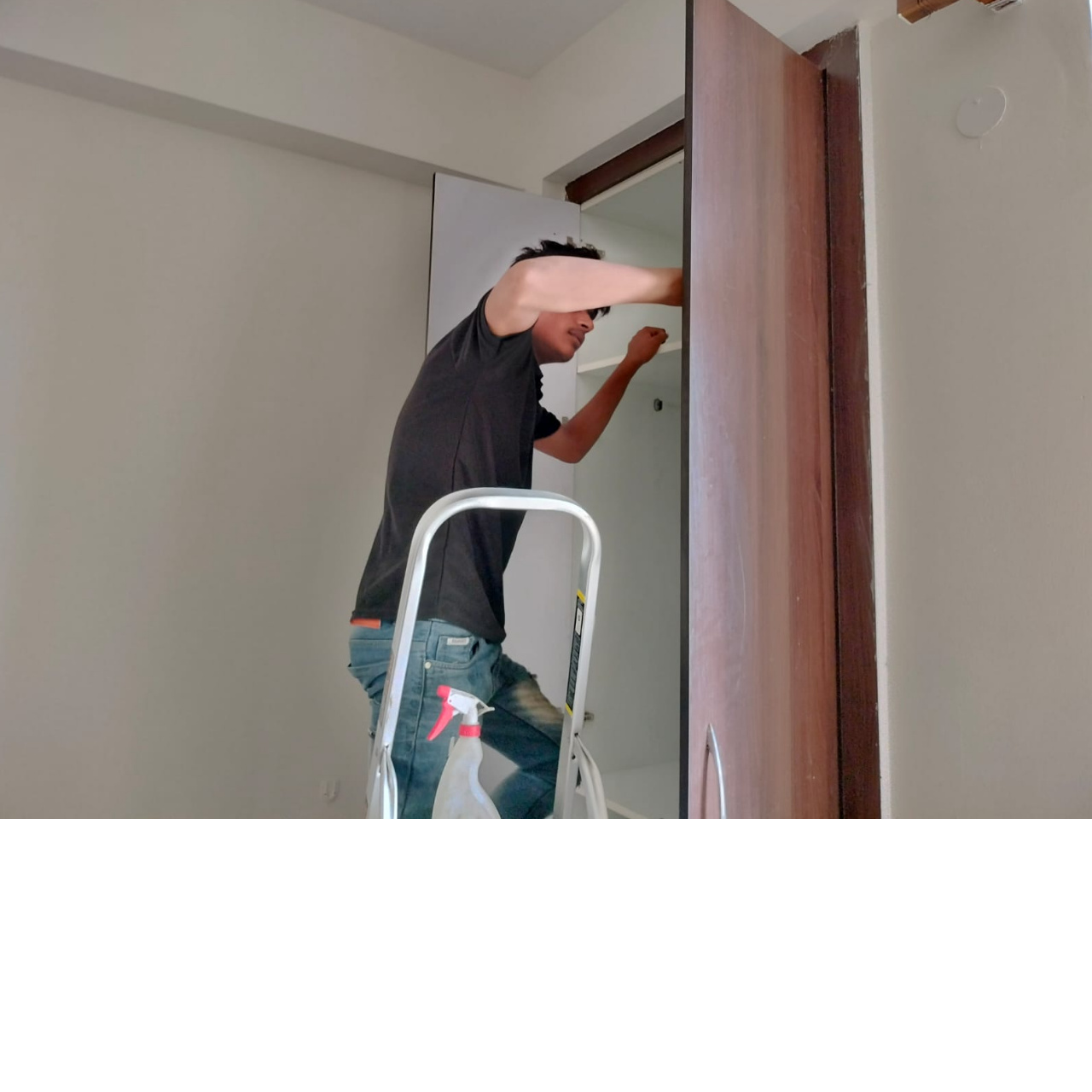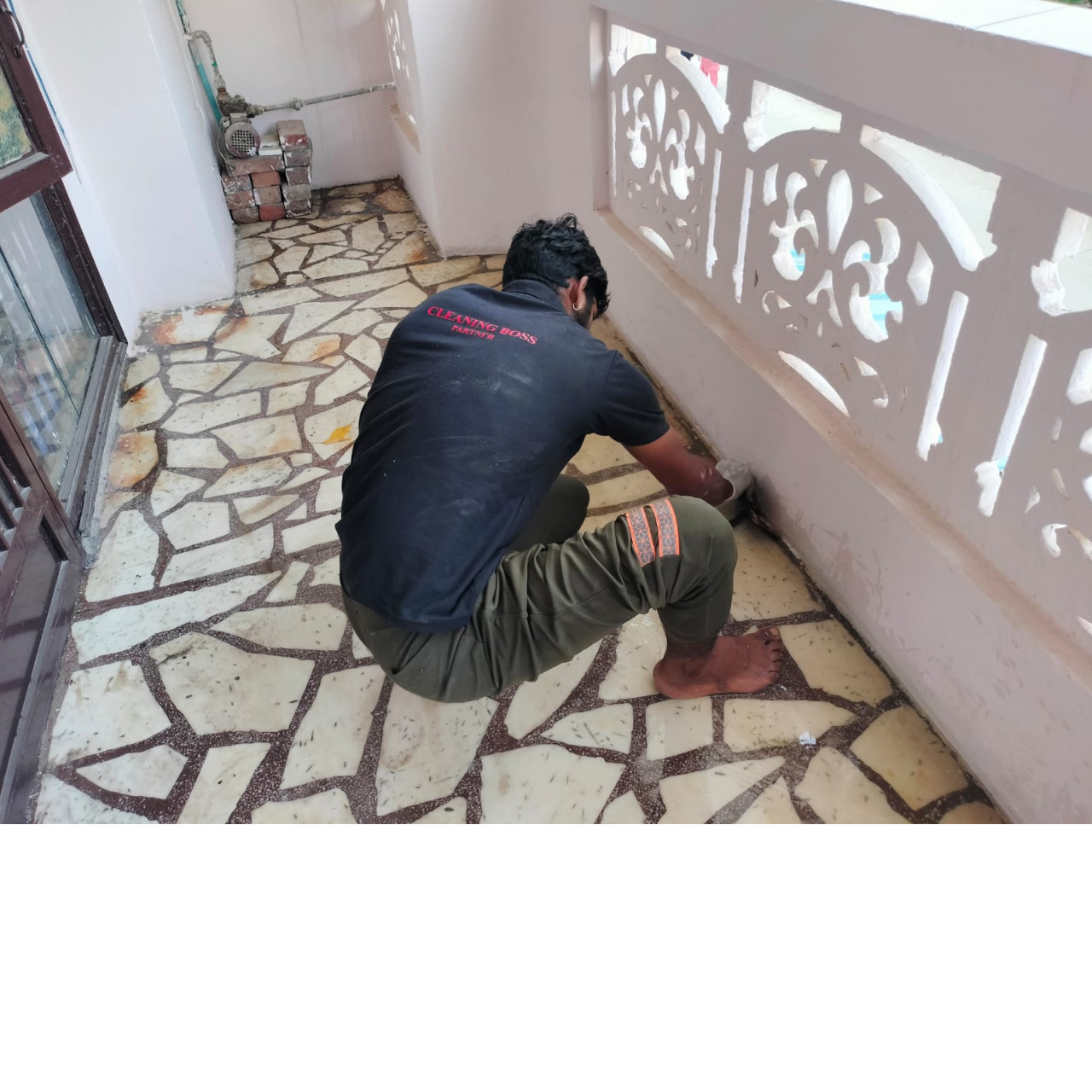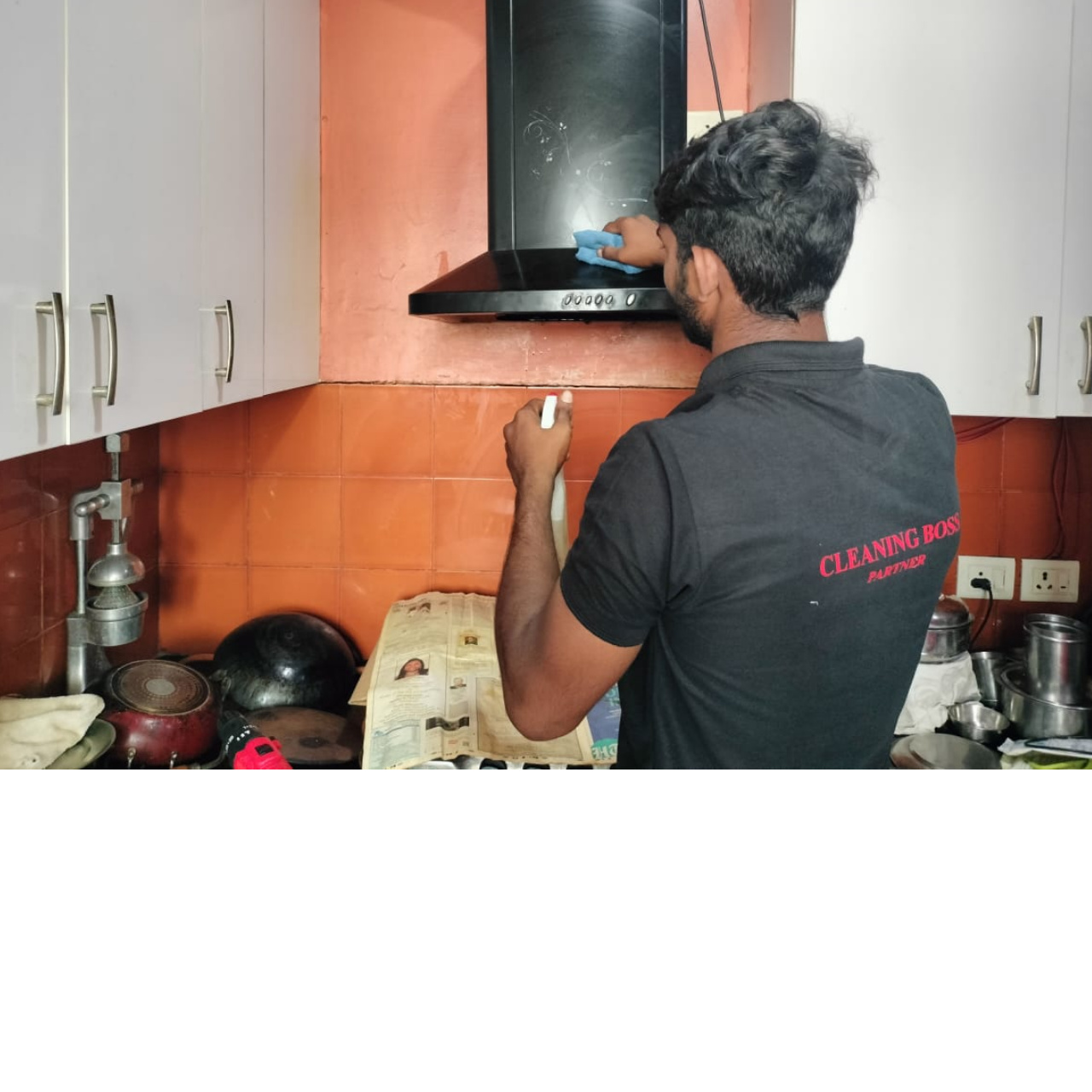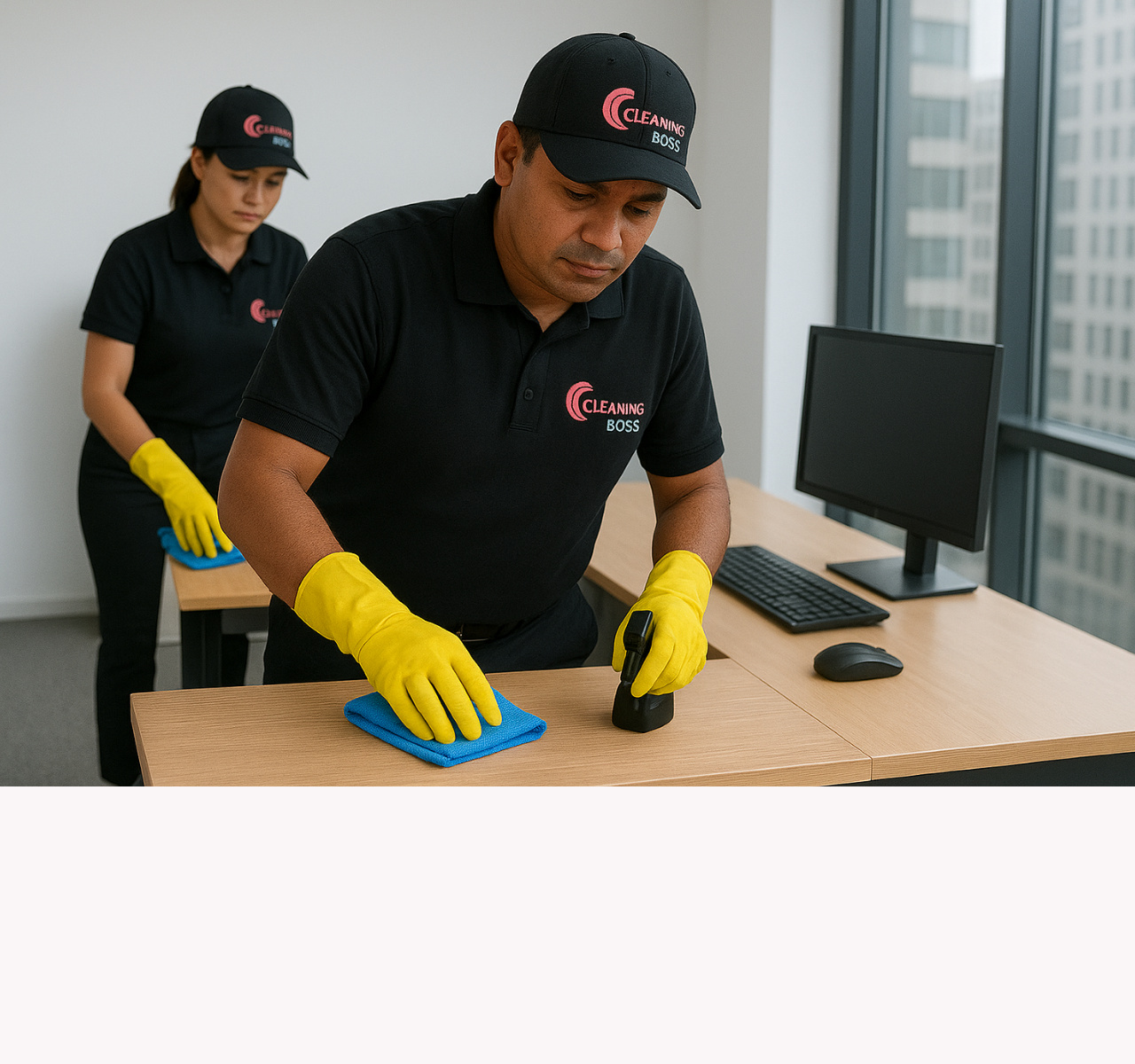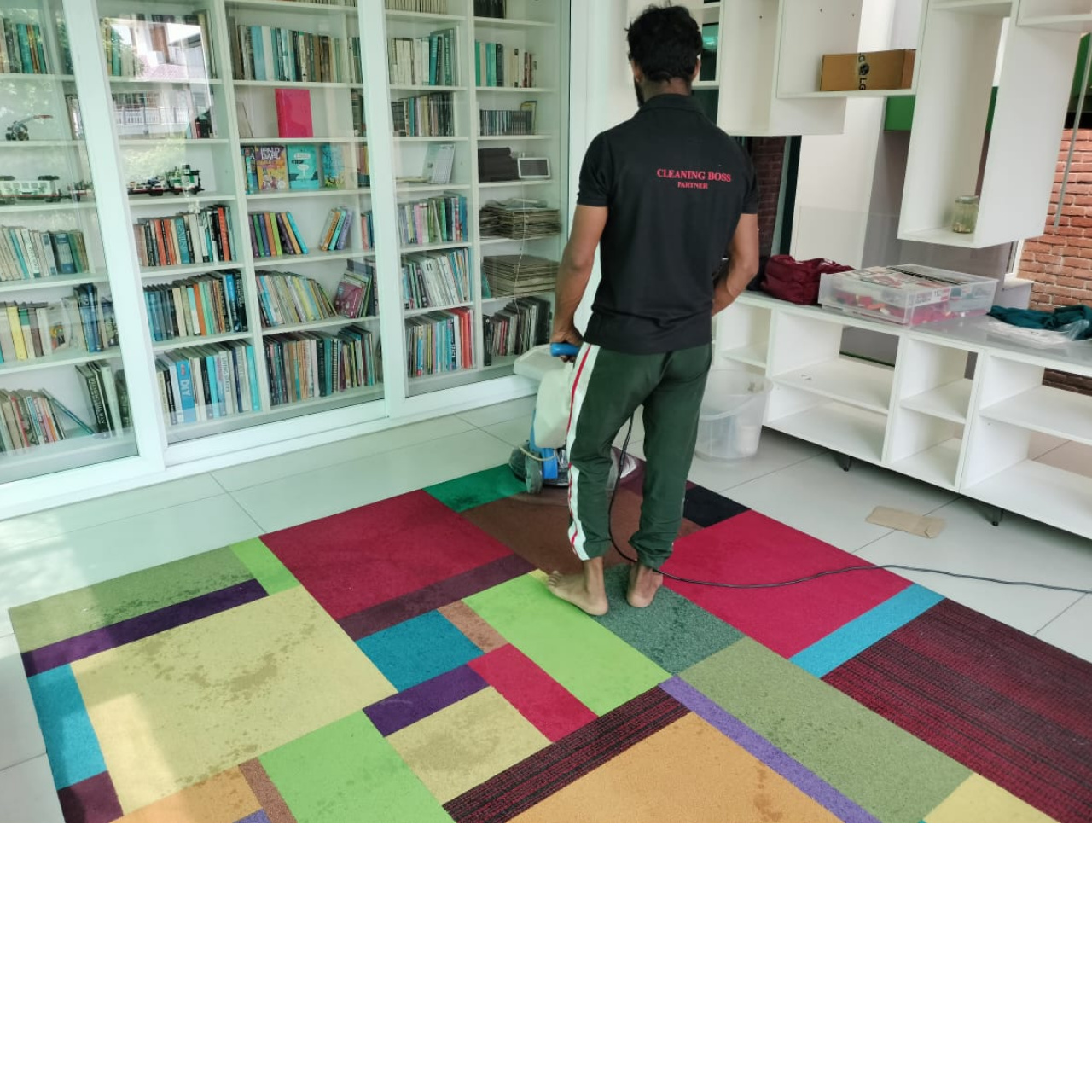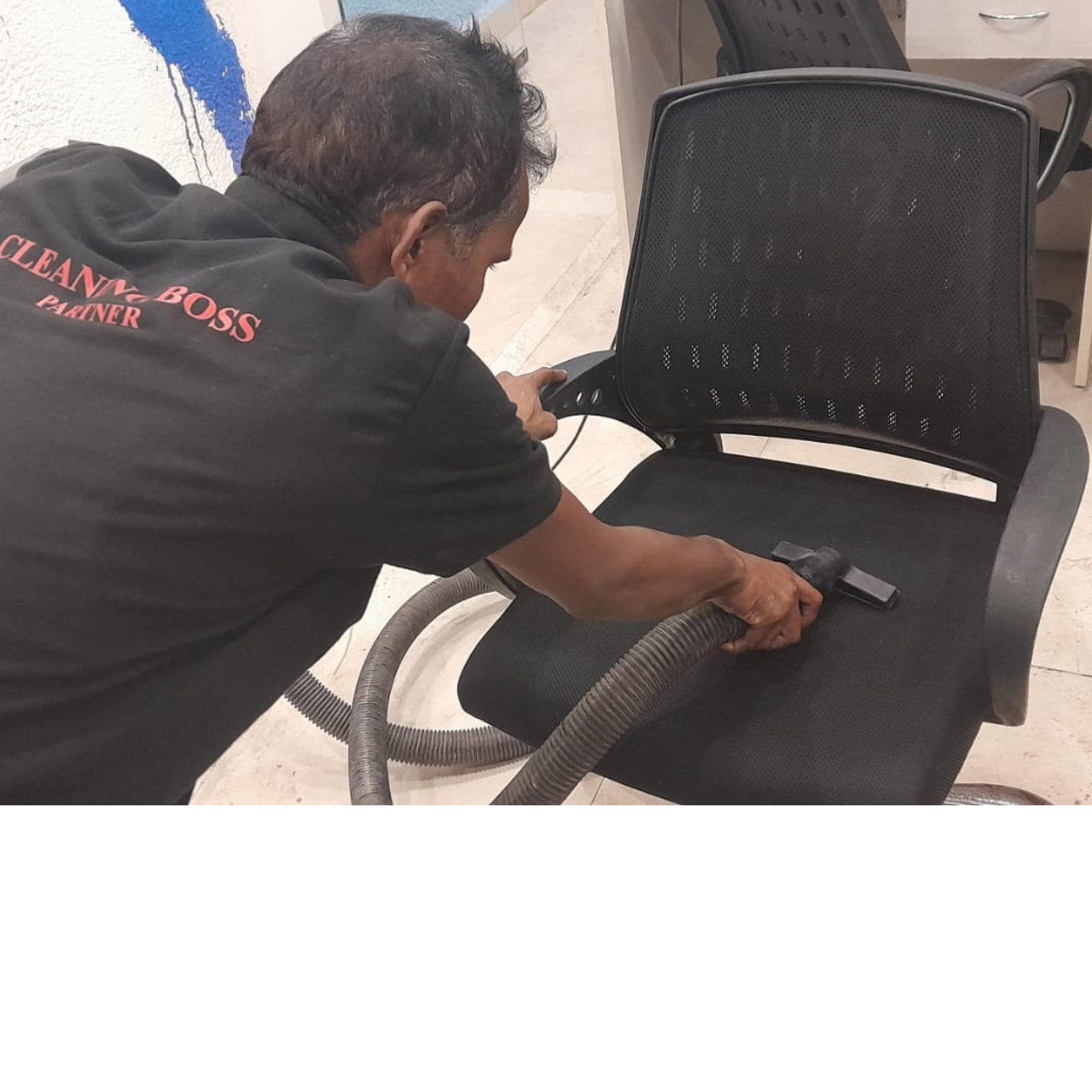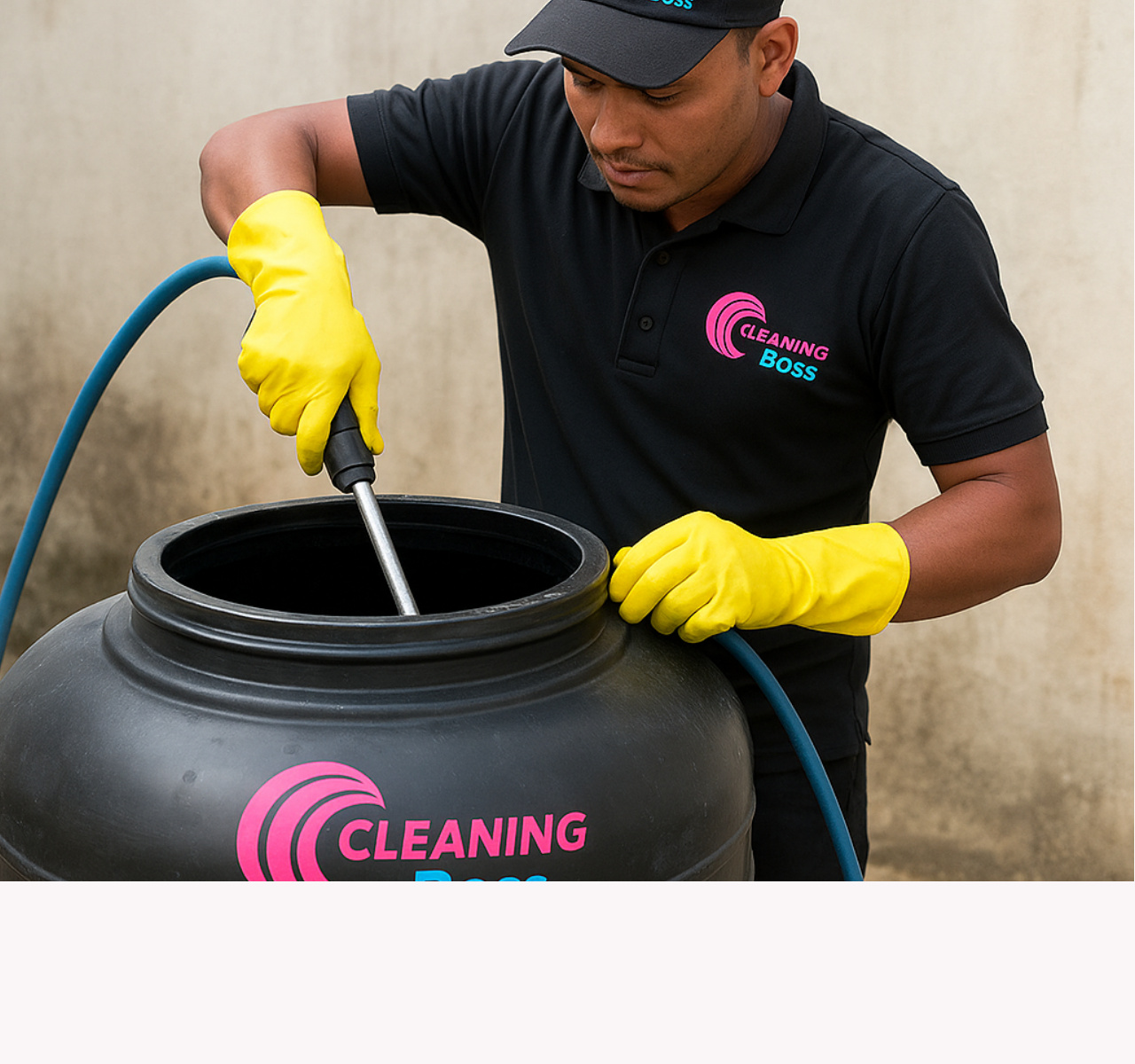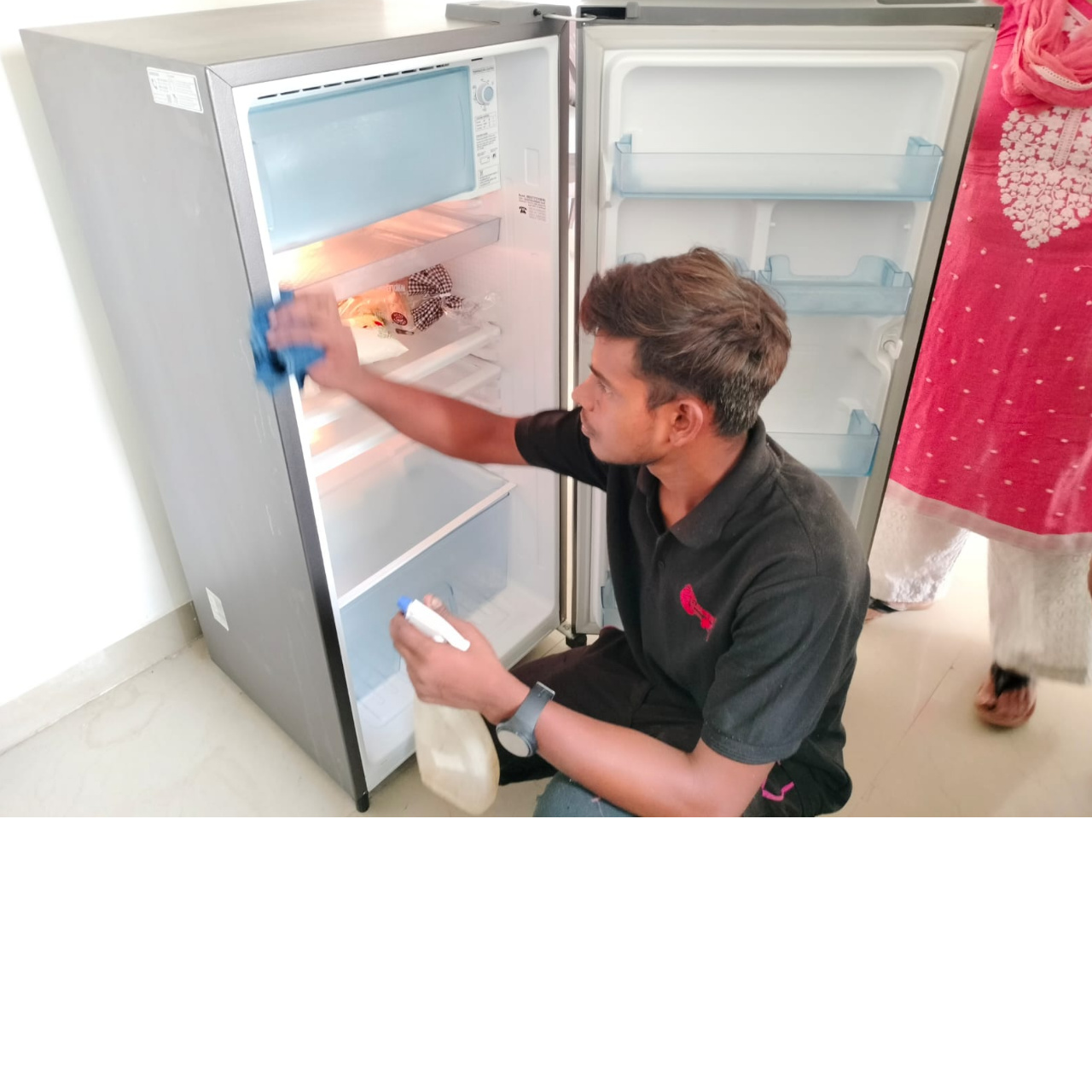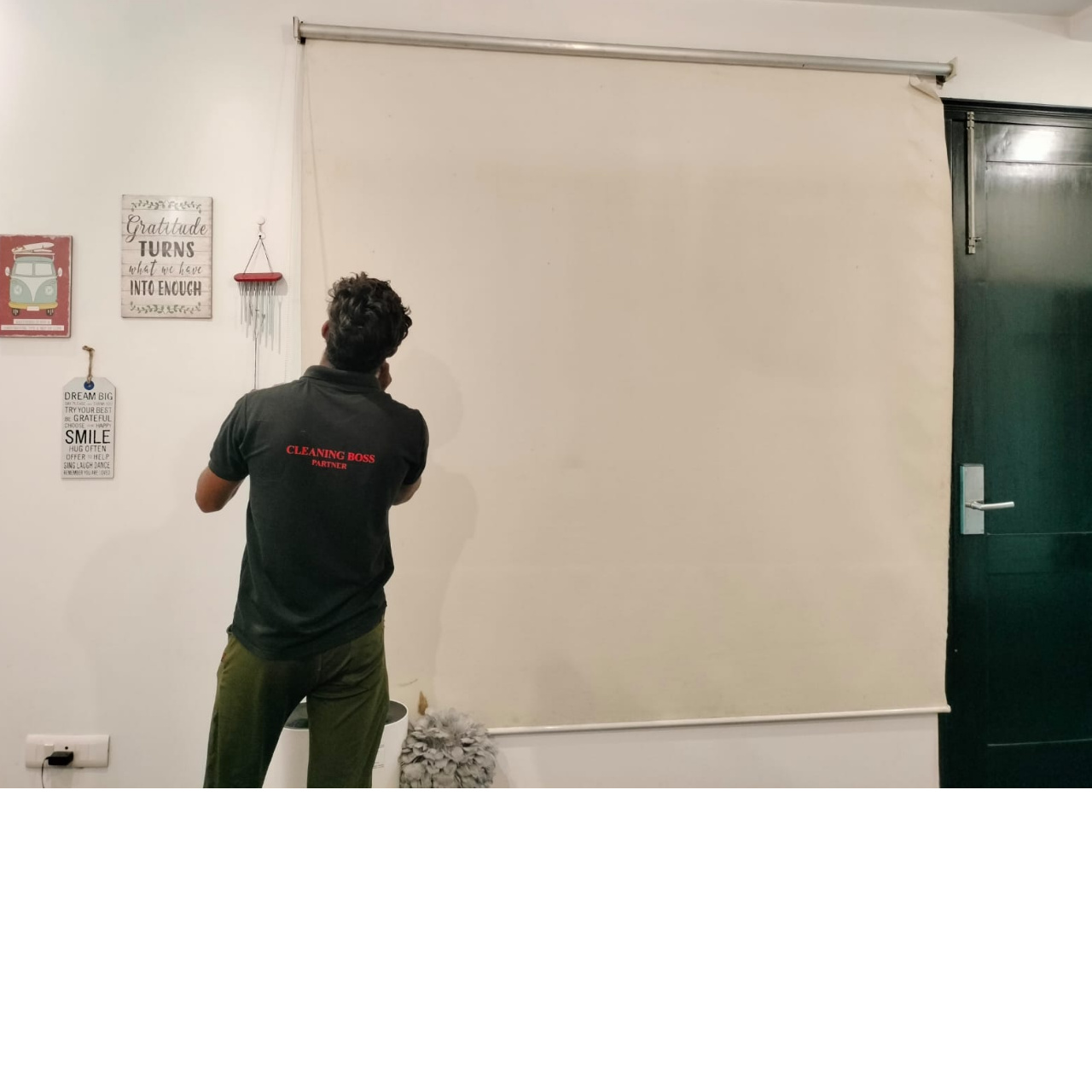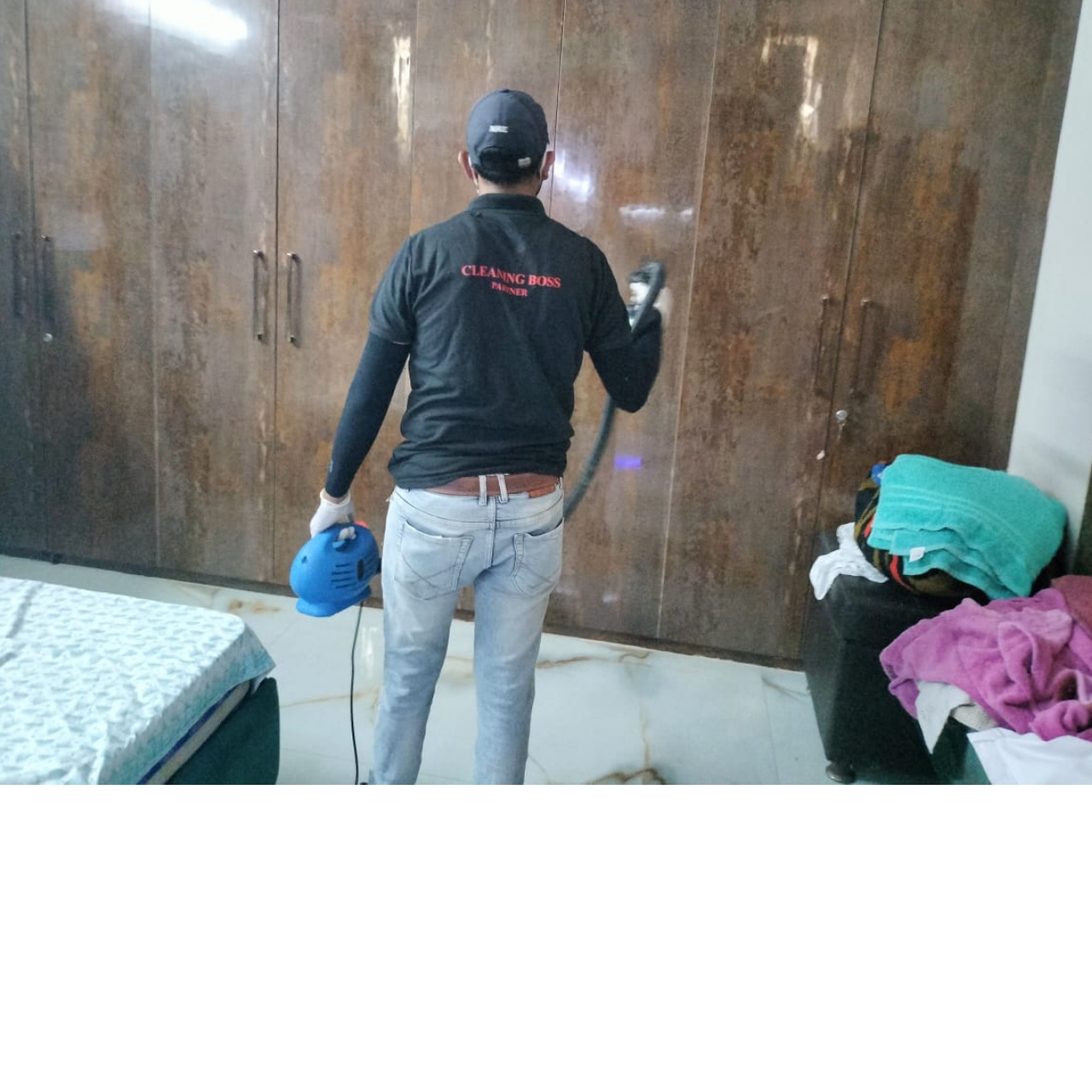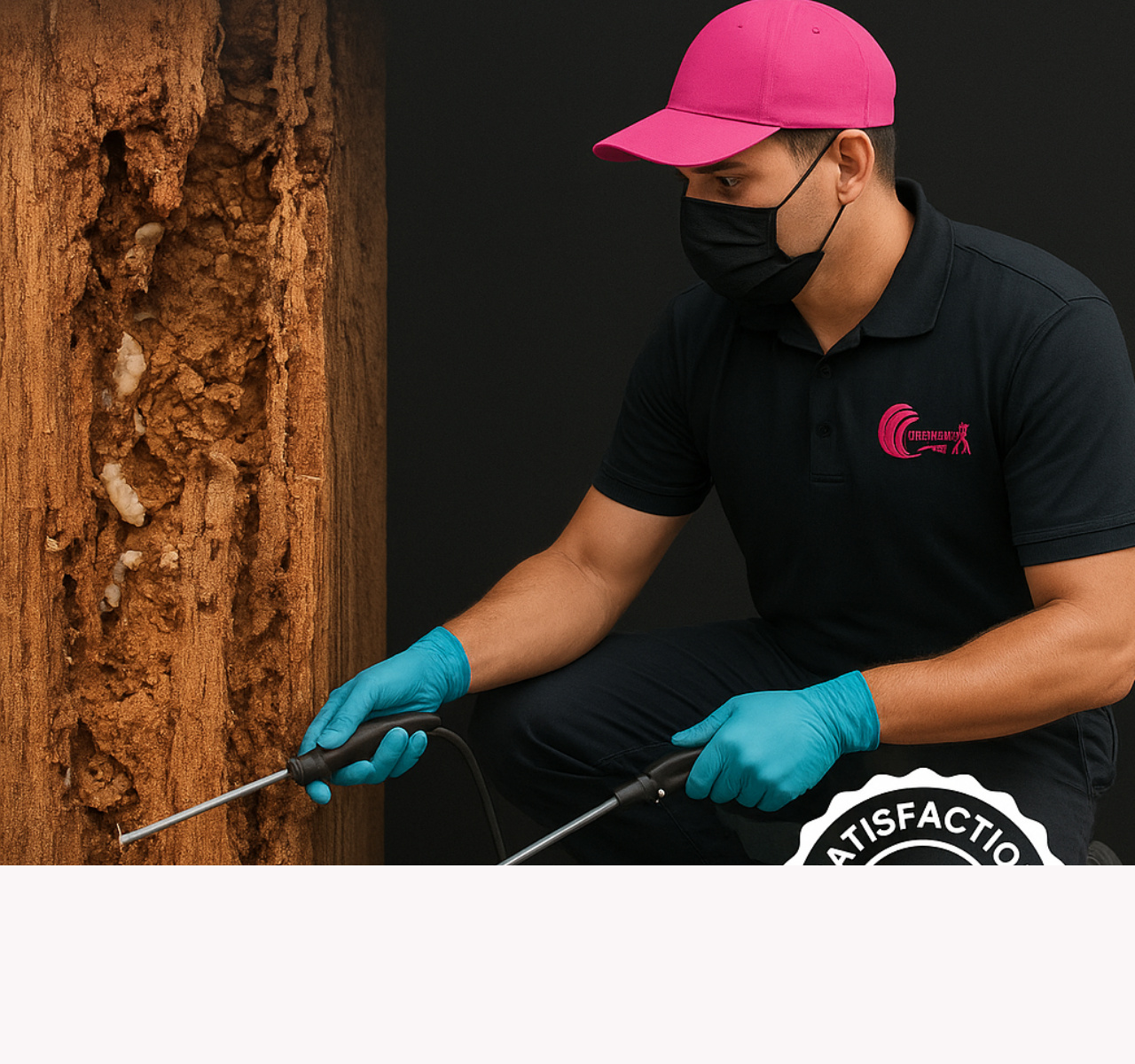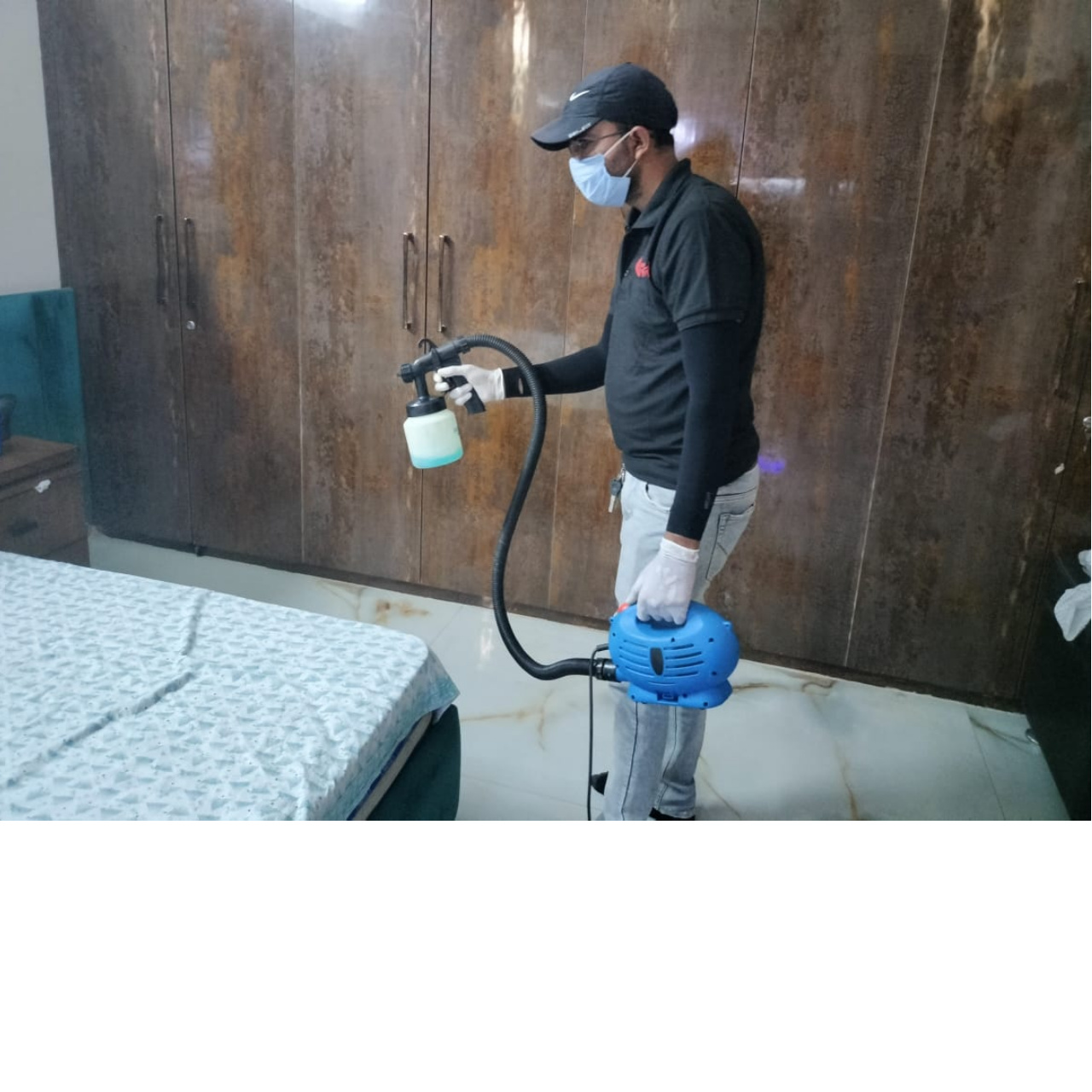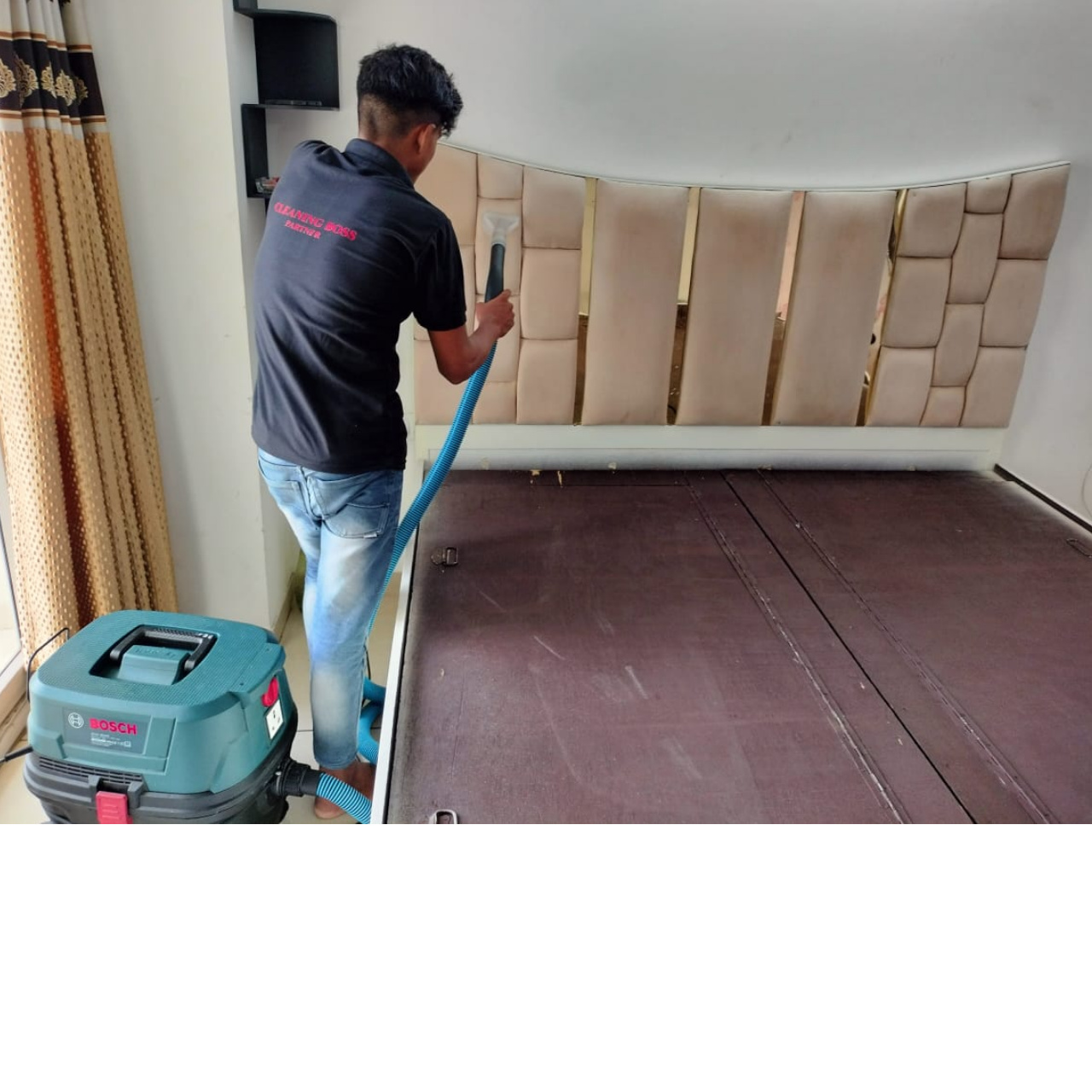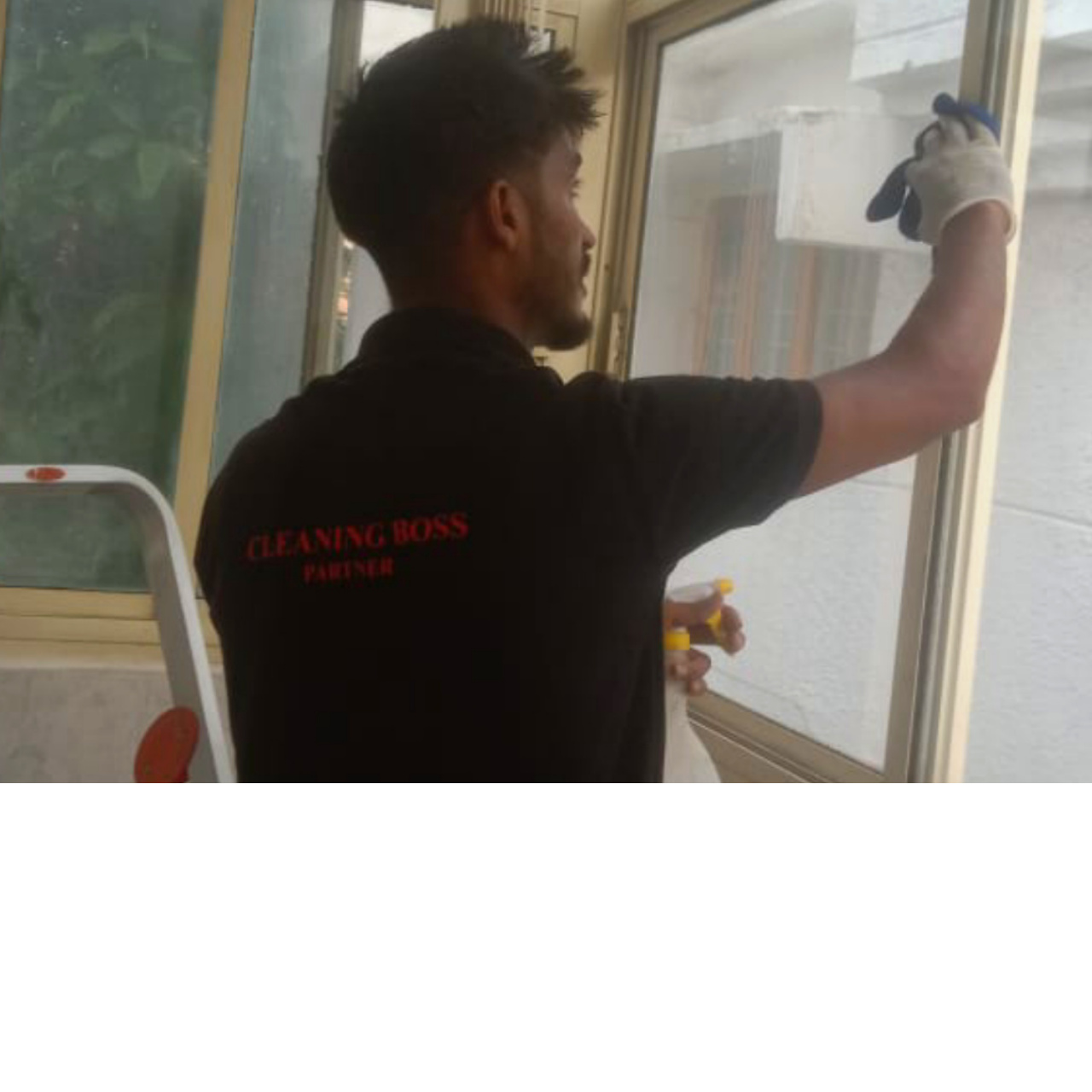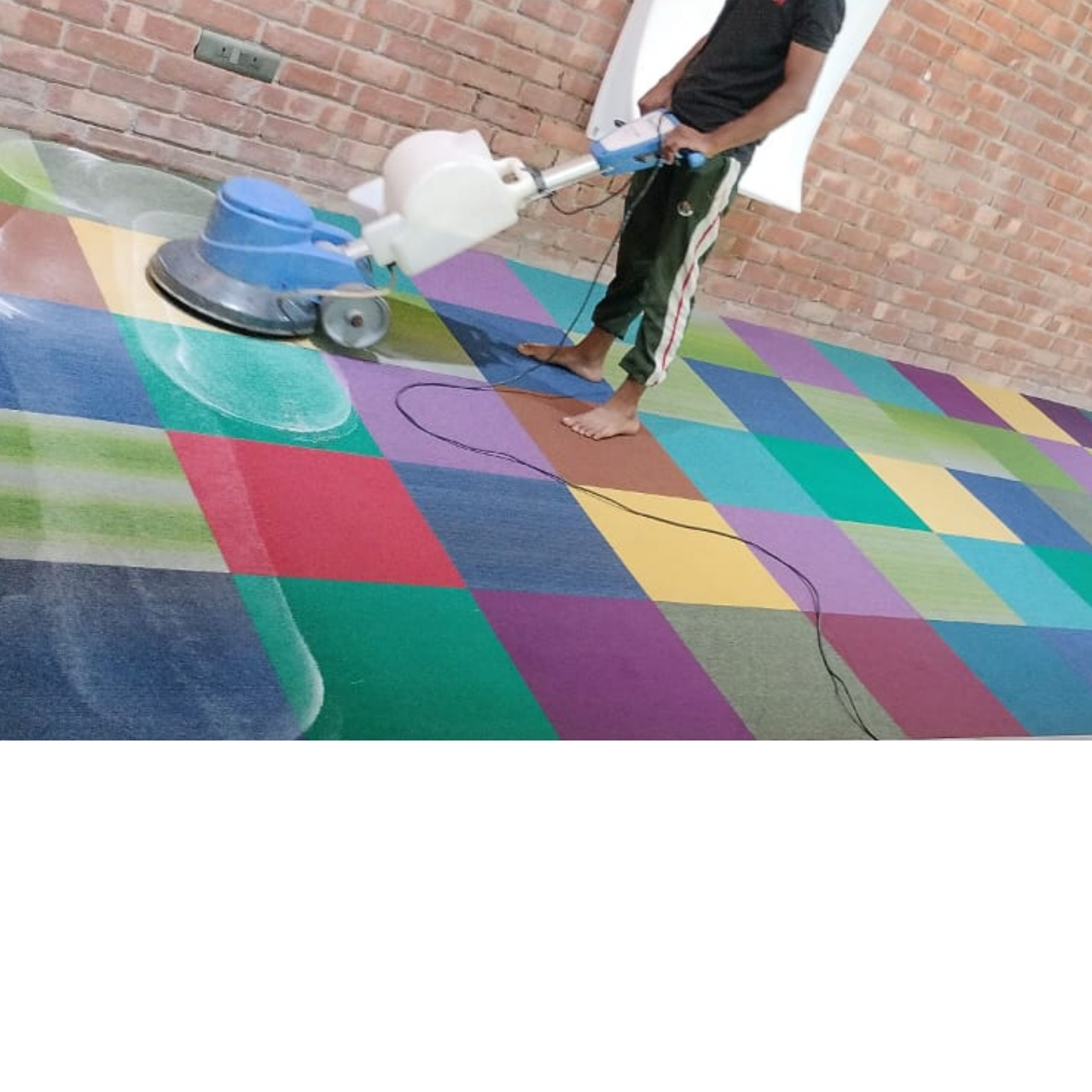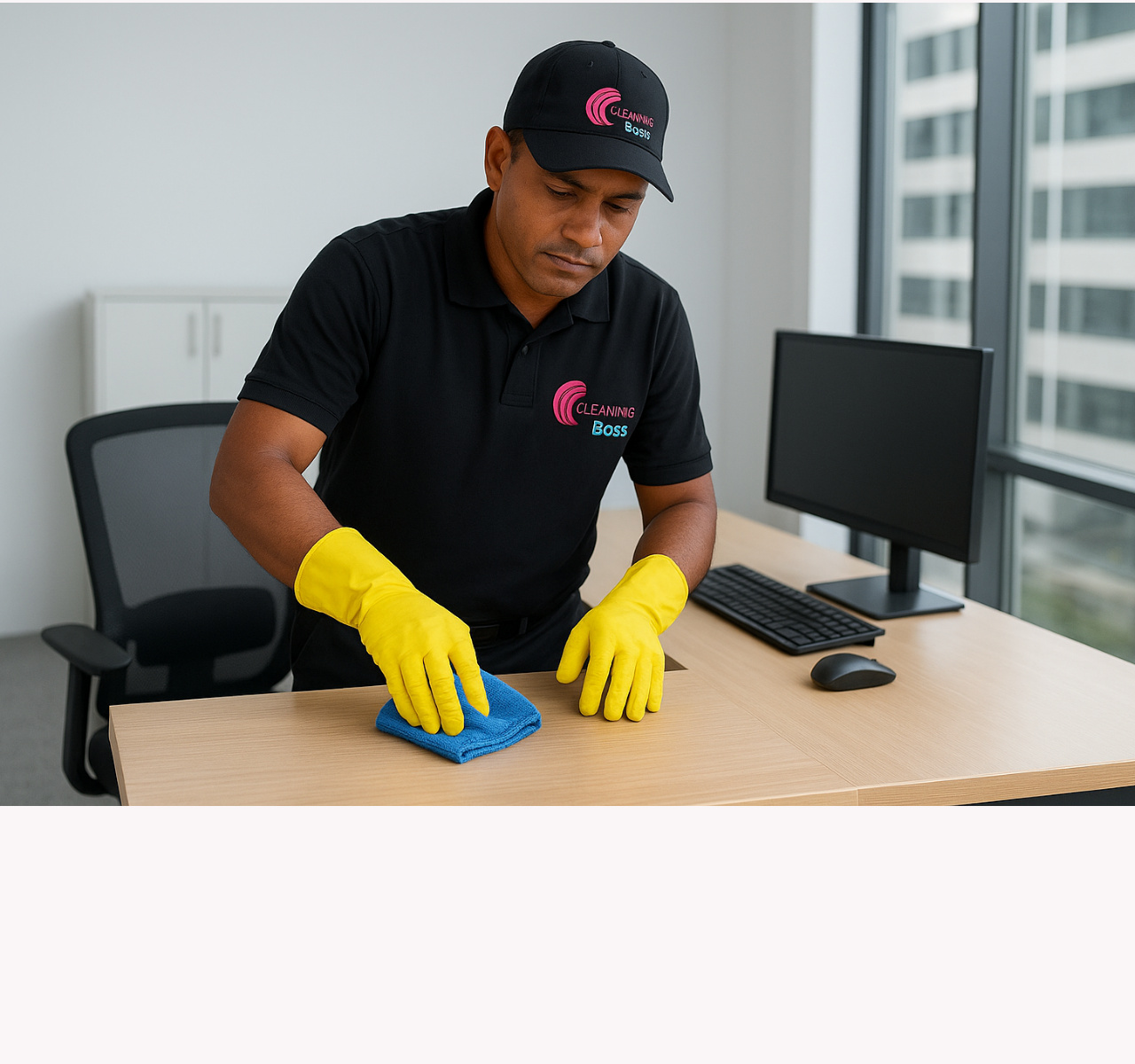Pest Control Services in Ghaziabad
Integrated Pest Management (IPM) is a sustainable and eco-friendly approach to pest control that focuses on preventing and managing pests with minimal impact on the environment. Unlike traditional chemical-based methods, IPM combines various strategies to address pest issues comprehensively.
IPM strategies include:
Monitoring and Inspection: Regularly inspecting your property to identify pest problems early.
Biological Control: Introducing natural predators or parasites to keep pest populations in check.
Cultural Control: Implementing practices like proper waste disposal and maintenance to reduce pest attraction.
Mechanical Control: Using physical barriers or traps to exclude or capture pests.
Chemical Control: If necessary, using pesticides as a last resort and in a targeted manner.
The Benefits of Organic Pest Control
Organic pest control is gaining popularity due to its environmentally friendly and health-conscious approach. Organic methods prioritize natural solutions and avoid synthetic chemicals.
Here are some benefits of organic pest control:
Safe for Humans and Pets: Organic pest control methods are generally non-toxic to humans and pets, making them a safer choice for families and animals.
Protects Beneficial Insects: Unlike chemical pesticides that can harm beneficial insects like bees and ladybugs, organic methods preserve these allies in the fight against pests.
Prevents Chemical Resistance: Pests can develop resistance to chemical pesticides over time, rendering them ineffective. Organic methods reduce the risk of resistance development.
Environmental Protection: Organic pest control minimizes the environmental impact associated with synthetic chemicals, such as pollution and soil contamination.
Sustainable: Many organic pest control techniques, like companion planting and using neem oil, are sustainable and help maintain a healthy garden ecosystem.
Common Household Pests and How to Control Them
Household pests can be a nuisance, but understanding their behavior and implementing effective control measures can help keep them at bay:
Ants: To control ant infestations, eliminate food sources, seal entry points, and use natural deterrents like vinegar or diatomaceous earth.
Cockroaches: Keep a clean home, fix water leaks, and use traps or boric acid to combat cockroaches.
Mice and Rats: Block entry points, store food in airtight containers, and use traps or natural predators like cats.
Bedbugs: Launder bedding regularly, vacuum thoroughly, and seek professional pest control if needed.
Mosquitoes: Remove standing water, use mosquito nets, and consider natural repellents like citronella or neem oil.
Fleas and Ticks: Treat pets with flea and tick preventatives, wash bedding, and vacuum frequently.
Eco-Friendly Pest Control for Commercial Spaces
Commercial establishments, such as restaurants and hotels, can also benefit from eco-friendly pest control methods. These methods not only protect customers and employees but also uphold a positive public image:
Regular Inspections: Scheduled inspections help identify pest issues early, preventing larger infestations.
Sanitation Practices: Maintain cleanliness to eliminate pest attractants like food crumbs and spills.
Exclusion Techniques: Seal cracks and gaps in the building to prevent pest entry.
Biological Controls: Introduce beneficial insects like parasitoids or predators to manage pests.
Low-Impact Chemicals: If necessary, use low-toxicity pesticides in targeted areas.
Eco-friendly commercial pest control promotes a safe and pleasant environment while aligning with sustainability goals and regulations.
why only professionals like Cleaning Boss required for pest control
Professionals are typically required for pest control for several important reasons:
Expertise and Training: Pest control professionals are trained to identify different types of pests, their habits, and the most effective methods for controlling them. They have a deep understanding of the biology and behavior of pests, which enables them to develop customized treatment plans.
Safety: Many pesticides and pest control methods can be hazardous to humans and pets if not used correctly. Professionals are trained in the safe application of chemicals and know how to minimize risks to people, animals, and the environment.
Proper Equipment: Pest control professionals have access to specialized equipment and tools that are often necessary for effective pest control. This equipment may include sprayers, traps, baits, and protective gear.
Regulatory Compliance: Pest control companies are usually licensed and regulated by local authorities. They must adhere to specific guidelines and regulations when using pesticides or other control methods. This ensures that pest control is carried out in a way that is both effective and environmentally responsible.
Efficiency and Effectiveness: Best Pest control professionals have experience and knowledge of the most efficient and effective methods for dealing with pests. They can often achieve better results than homeowners or business owners attempting to handle the problem themselves.
Pest control is the management or regulation of pests, which are organisms that can harm humans, crops, livestock, or structures. Effective pest control is essential for protecting public health, ensuring food security, and maintaining the integrity of buildings and structures.
There are various methods and approaches to pest control, which can be broadly categorized into biological, chemical, cultural, and mechanical methods
Biological Control: This method involves the use of natural predators, parasites, or pathogens to control pest populations. For example, releasing ladybugs to control aphids or introducing nematodes to target soil-dwelling pests.
Chemical Control: Chemical pesticides are often used to kill or repel pests. These include insecticides for insects, herbicides for weeds, and fungicides for fungi. It's important to use these chemicals carefully and follow safety guidelines to minimize harm to the environment and non-target species.
Cultural Control: Cultural practices involve altering the environment to make it less hospitable to pests. This can include crop rotation, proper sanitation, planting resistant varieties, and adjusting planting times to avoid peak pest seasons.
Mechanical Control: This method uses physical barriers or traps to prevent or capture pests. Examples include using nets to protect crops from birds, setting up traps for rodents, or using barriers like screens to keep insects out of buildings.
Organic Pest Control: Organic farming and gardening practices rely on natural and non-synthetic methods to control pests. This may include the use of natural predators, organic pesticides, and other environmentally friendly techniques.
Genetic Control: In some cases, genetic manipulation can be used to control pest populations. For example, the release of sterile insects can disrupt the breeding cycle of certain pests.
Type of pest control
Pests are organisms that can be detrimental to humans, their interests, or their property. They can cause damage to crops, transmit diseases, and be a nuisance in various ways. There are numerous types of pests, including:
Insects:
Ants: Common household pests that can infest food and cause structural damage.
Cockroaches: Resilient insects known for spreading diseases and causing allergies.
Mosquitoes: Transmit diseases like malaria, dengue, and Zika virus.
Flies: Can carry diseases and contaminate food.
Termites: Destructive pests that damage wooden structures.
Bedbugs: Infamous for causing itchy bites and infesting bedding.
Fleas: Parasitic pests often found on pets and in homesa.
Ticks: Can transmit diseases like Lyme disease.
Beetles: Some species, like the Colorado potato beetle, damage crops.
Aphids: Plant pests that feed on sap and weaken plants.
Rodents:
Rats: Known for spreading diseases and causing damage to property.
Mice: Similar to rats in their habits and impact.
Get in touch with us for the Pest Control Services in Ghaziabad For more information contact Cleaning Boss on given website numbers...
